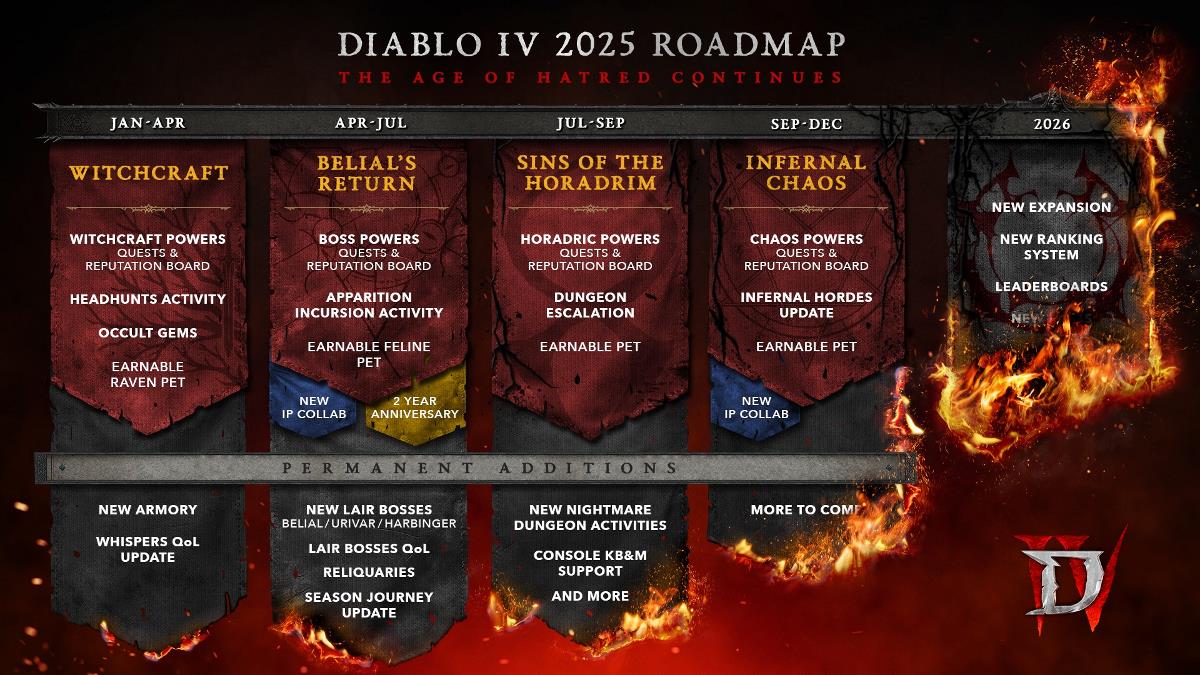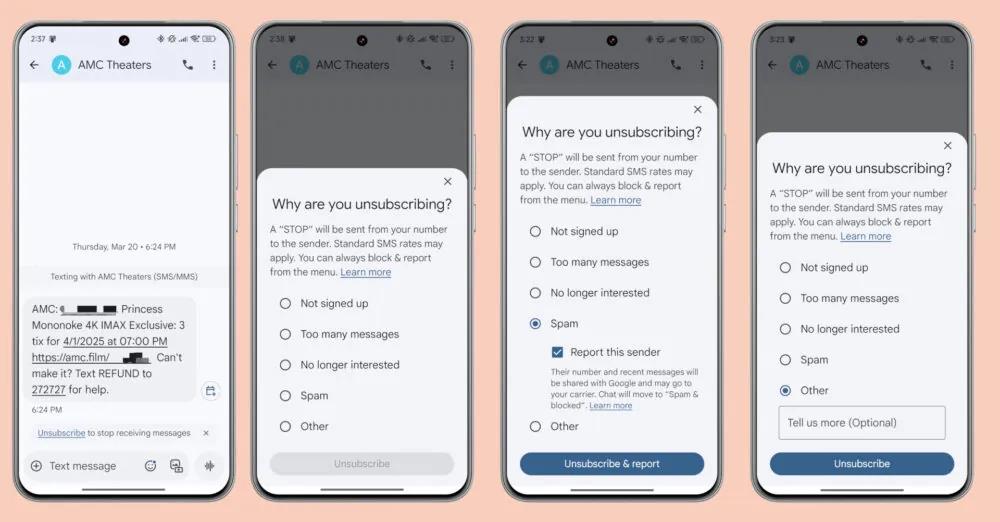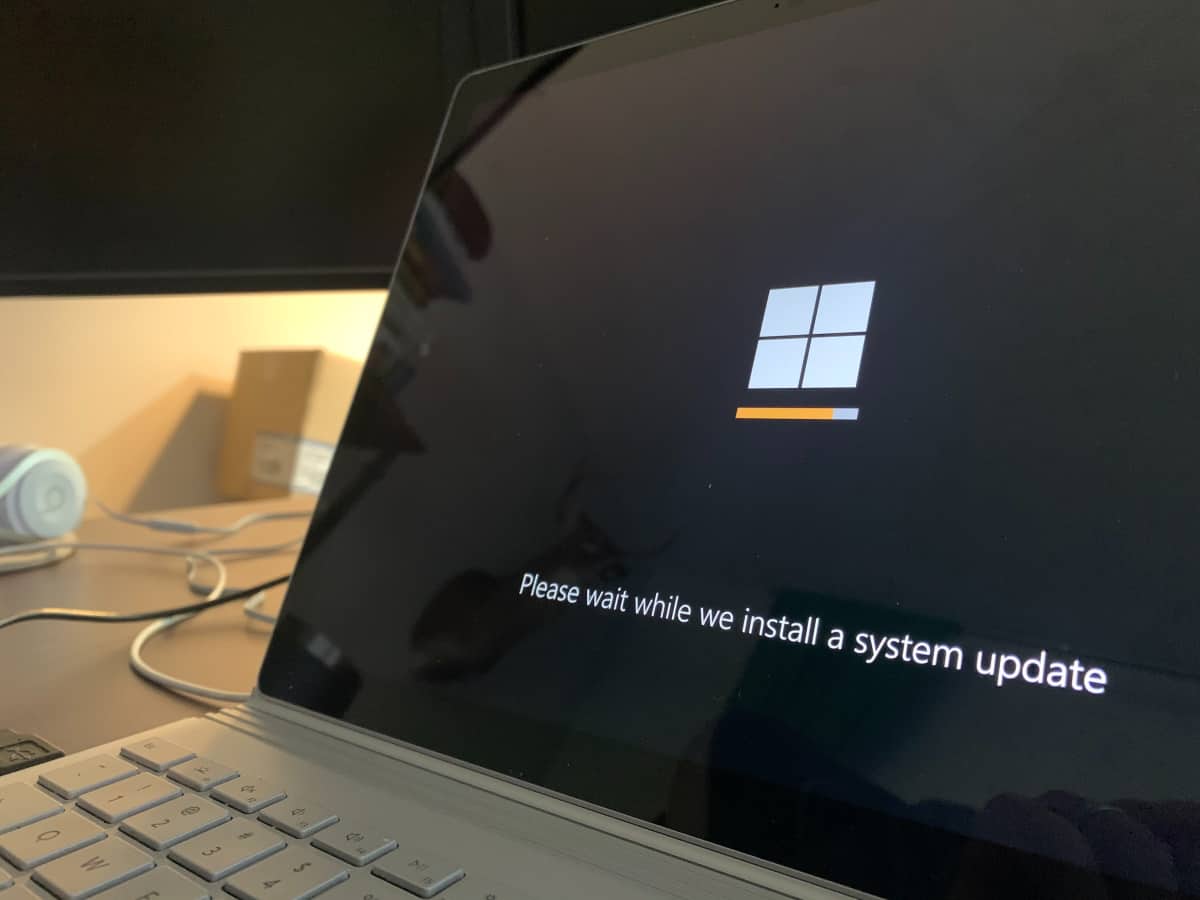How to Become a Certified Project Manager: A Step-by-Step Guide
Project management is a growing field with high demand across industries. A certified project manager earns better salaries, gains credibility, and leads projects successfully. If you want to start a career in project management, this guide will walk you through the essential steps. Step 1: Understand the Role of a Project Manager Project managers are responsible for planning, executing, and closing projects. Their key tasks include: Defining project goals and scope Managing budgets and resources Coordinating teams and stakeholders Monitoring project progress Solving risks and challenges Strong leadership, communication, problem-solving, and time-management skills are essential in this role. Step 2: Get the Right Education While a degree isn’t mandatory, many project managers have a background in: Business Administration Engineering IT & Computer Science Management or Finance Some universities also offer Bachelor’s or Master’s degrees in Project Management, but certifications often hold more value in job markets. *Step 3: Choose the Best Project Management Certification * A certification boosts your credibility and helps you land jobs faster. Here are the top certifications to consider: For Beginners: 1.CAPM® (Certified Associate in Project Management) – Best for entry-level professionals. Google Project Management Certificate – Affordable and beginner-friendly. CompTIA Project+ – A great option for small project managers. For Experienced Professionals: PMP® (Project Management Professional) – The most recognized global certification. PRINCE2 Foundation & Practitioner – Best for structured, process-driven project management. PMI-ACP® (Agile Certified Practitioner) – Ideal for Agile and Scrum methodologies. Certified ScrumMaster (CSM) – Best for Agile and Scrum project managers. Step 4: Gain Practical Experience Most certifications (like PMP) require work experience. If you're new, start by: Volunteering to manage small projects at work Taking on leadership roles in teams Working as a Project Coordinator or Business Analyst Joining internships or freelancing in project management Step 5: Master Project Management Tools Companies expect project managers to be skilled in tools like: Microsoft Project – Used for planning and scheduling JIRA & Trello – Agile and task management Asana & Monday.com – Collaboration tools Smartsheet & Wrike – Resource and workflow management Step 6: Prepare for the Certification Exam Once you choose a certification, follow a structured study plan: Read official guides like PMBOK (for PMP and CAPM) Enroll in online courses (Udemy, Coursera, LinkedIn Learning) Take mock exams to test your knowledge Join study groups or forums for tips Step 7: Apply for Project Management Jobs After certification, start looking for entry-level roles like: Project Coordinator Assistant Project Manager Business Analyst Scrum Master (for Agile teams) Update your resume and LinkedIn profile, highlighting your certification and skills. Step 8: Keep Learning & Growing The best project managers stay updated with new trends like Agile, AI-powered project tools, and hybrid project management. Consider advanced certifications and networking with PMI (Project Management Institute) or attending industry events. Final Thoughts Becoming a certified project manager requires education, certification, practical experience, and continuous learning. If you follow these steps, you’ll increase job opportunities, earn higher salaries, and build a successful career in project management. For a detailed comparison of top project management courses, check out this guide: Best Project Management Courses.

Project management is a growing field with high demand across industries. A certified project manager earns better salaries, gains credibility, and leads projects successfully. If you want to start a career in project management, this guide will walk you through the essential steps.
Step 1: Understand the Role of a Project Manager
Project managers are responsible for planning, executing, and closing projects. Their key tasks include:
- Defining project goals and scope
- Managing budgets and resources
- Coordinating teams and stakeholders
- Monitoring project progress
- Solving risks and challenges
Strong leadership, communication, problem-solving, and time-management skills are essential in this role.
Step 2: Get the Right Education
While a degree isn’t mandatory, many project managers have a background in:
- Business Administration
- Engineering
- IT & Computer Science
- Management or Finance
Some universities also offer Bachelor’s or Master’s degrees in Project Management, but certifications often hold more value in job markets.
*Step 3: Choose the Best Project Management Certification
*
A certification boosts your credibility and helps you land jobs faster. Here are the top certifications to consider:
For Beginners:
1.CAPM® (Certified Associate in Project Management) – Best for entry-level professionals.
- Google Project Management Certificate – Affordable and beginner-friendly.
- CompTIA Project+ – A great option for small project managers.
For Experienced Professionals:
- PMP® (Project Management Professional) – The most recognized global certification.
- PRINCE2 Foundation & Practitioner – Best for structured, process-driven project management.
- PMI-ACP® (Agile Certified Practitioner) – Ideal for Agile and Scrum methodologies.
- Certified ScrumMaster (CSM) – Best for Agile and Scrum project managers.
Step 4: Gain Practical Experience
Most certifications (like PMP) require work experience. If you're new, start by:
- Volunteering to manage small projects at work
- Taking on leadership roles in teams
- Working as a Project Coordinator or Business Analyst
- Joining internships or freelancing in project management
Step 5: Master Project Management Tools
Companies expect project managers to be skilled in tools like:
- Microsoft Project – Used for planning and scheduling
- JIRA & Trello – Agile and task management
- Asana & Monday.com – Collaboration tools
- Smartsheet & Wrike – Resource and workflow management
Step 6: Prepare for the Certification Exam
Once you choose a certification, follow a structured study plan:
- Read official guides like PMBOK (for PMP and CAPM)
- Enroll in online courses (Udemy, Coursera, LinkedIn Learning)
- Take mock exams to test your knowledge
- Join study groups or forums for tips
Step 7: Apply for Project Management Jobs
After certification, start looking for entry-level roles like:
- Project Coordinator
- Assistant Project Manager
- Business Analyst
- Scrum Master (for Agile teams)
Update your resume and LinkedIn profile, highlighting your certification and skills.
Step 8: Keep Learning & Growing
The best project managers stay updated with new trends like Agile, AI-powered project tools, and hybrid project management. Consider advanced certifications and networking with PMI (Project Management Institute) or attending industry events.
Final Thoughts
Becoming a certified project manager requires education, certification, practical experience, and continuous learning. If you follow these steps, you’ll increase job opportunities, earn higher salaries, and build a successful career in project management.
For a detailed comparison of top project management courses, check out this guide: Best Project Management Courses.








































































































































































![[The AI Show Episode 143]: ChatGPT Revenue Surge, New AGI Timelines, Amazon’s AI Agent, Claude for Education, Model Context Protocol & LLMs Pass the Turing Test](https://www.marketingaiinstitute.com/hubfs/ep%20143%20cover.png)







































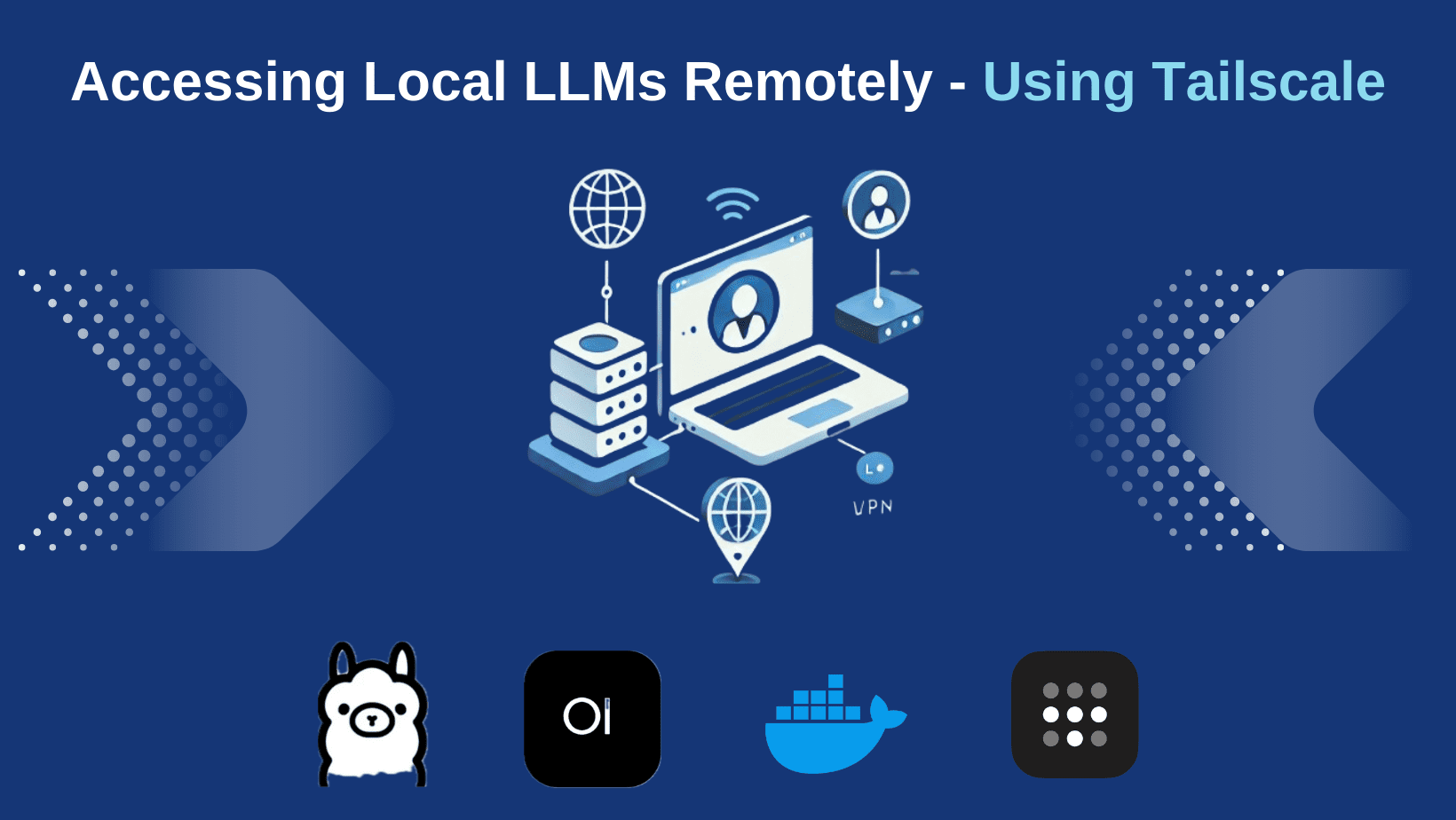













































































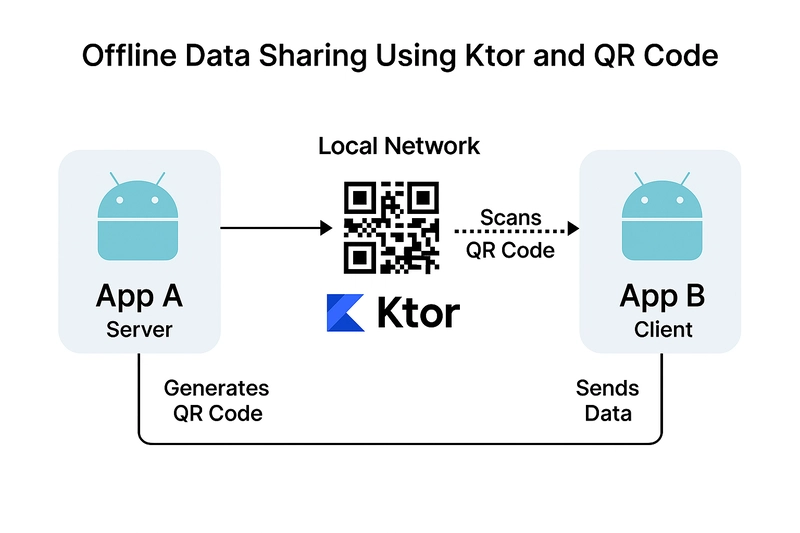














![From drop-out to software architect with Jason Lengstorf [Podcast #167]](https://cdn.hashnode.com/res/hashnode/image/upload/v1743796461357/f3d19cd7-e6f5-4d7c-8bfc-eb974bc8da68.png?#)











































-11.11.2024-4-49-screenshot.png?width=1920&height=1920&fit=bounds&quality=70&format=jpg&auto=webp#)

























































































_jvphoto_Alamy.jpg?#)
















































































































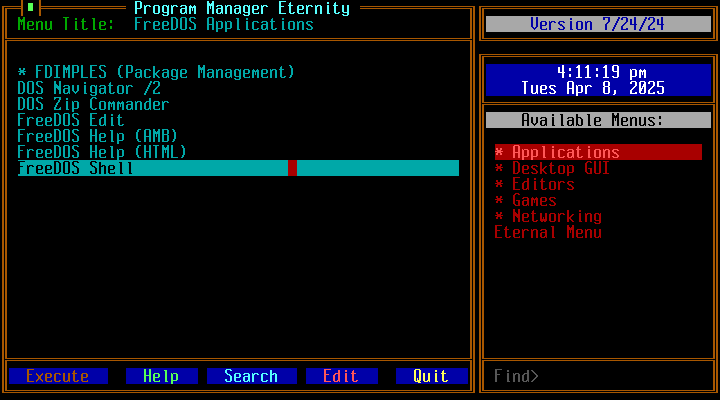
![Apple Rushes Five Planes of iPhones to US Ahead of New Tariffs [Report]](https://www.iclarified.com/images/news/96967/96967/96967-640.jpg)
![Apple Vision Pro 2 Allegedly in Production Ahead of 2025 Launch [Rumor]](https://www.iclarified.com/images/news/96965/96965/96965-640.jpg)





















